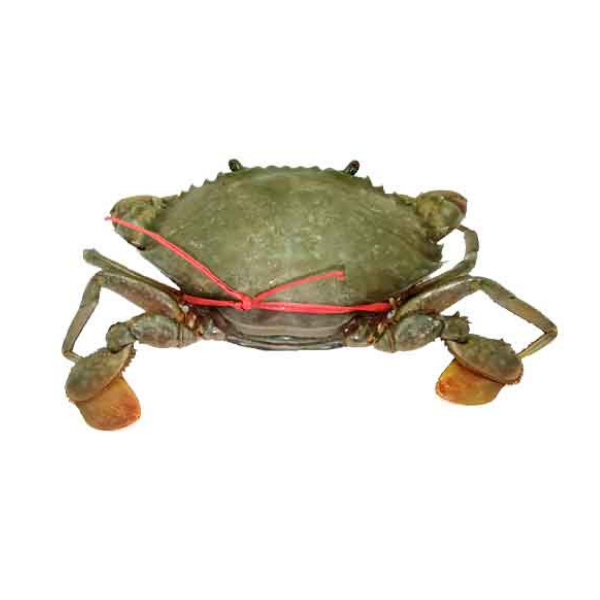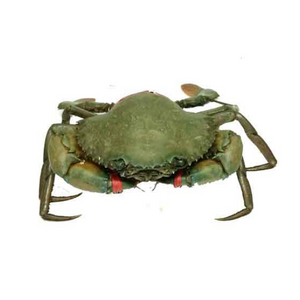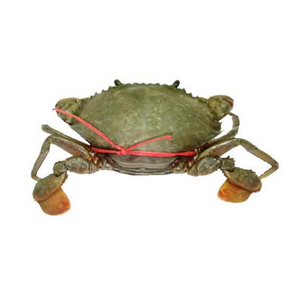B Grade Sundarban River Live Mud Crab
B Grade Sundarban River Mud Crab Live. The Sundarban mud crab, scientifically known as Scylla olivacea, is a species of crab that is found in the Sundarban mangrove forest region in the delta of the Ganges, Brahmaputra and Meghna rivers in India and Bangladesh. They are known for their large size, with adult males having a carapace width of up to 15 centimeters and adult females up to 12 centimeters.
They have a dark greenish-brown coloration on their carapace and legs, and are typically found in the muddy and sandy bottoms of creeks, creeks and estuaries. They are active during the night and tend to bury themselves in the mud during the day. They are opportunistic predators and scavengers, feeding on fish, mollusks, crustaceans, and plant material.
They are important for the ecosystem, playing a role in maintaining the balance of the mangrove ecosystem. They are also commercially fished for human consumption and considered as delicacies in local and international markets.
High protein and health benefits.
Size- 500 g /1 kg
B Grade Sundarban River Mud Crab Live. The Sundarban mud crab, scientifically known as Scylla olivacea, is a species of crab that is found in the Sundarban mangrove forest region in the delta of the Ganges, Brahmaputra and Meghna rivers in India and Bangladesh. They are known for their large size, with adult males having a carapace width of up to 15 centimeters and adult females up to 12 centimeters.
They have a dark greenish-brown coloration on their carapace and legs, and are typically found in the muddy and sandy bottoms of creeks, creeks and estuaries. They are active during the night and tend to bury themselves in the mud during the day. They are opportunistic predators and scavengers, feeding on fish, mollusks, crustaceans, and plant material.
They are important for the ecosystem, playing a role in maintaining the balance of the mangrove ecosystem. They are also commercially fished for human consumption and considered as delicacies in local and international markets.
High protein and health benefits.
Size- 500 g /1 kg
| Size |
500g, 1kg |
|---|



